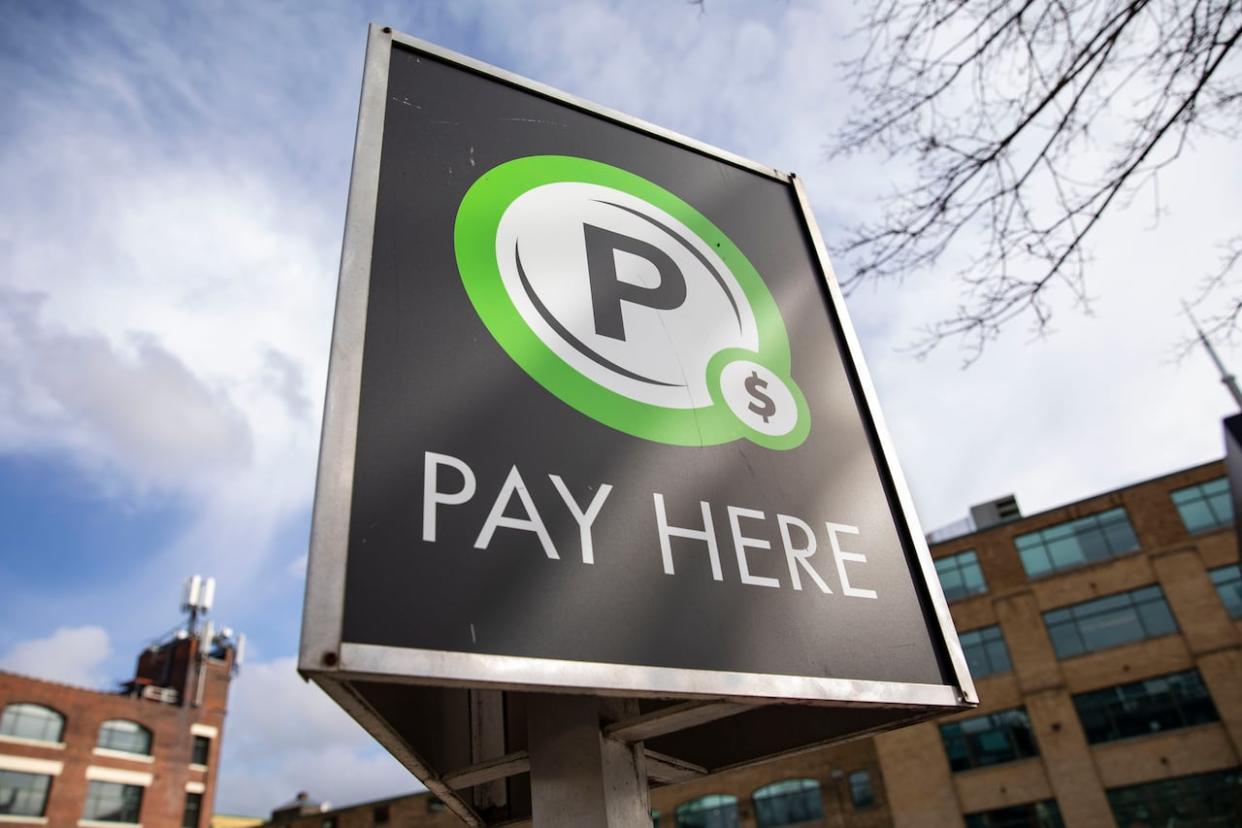Toronto council greenlights review that could see parking lots turned into housing

Toronto's city council greenlit a review looking into the feasibility of converting dozens of parking lots and other city-owned property into homes or community infrastructure projects.
On Thursday, council asked city staff to draft a list of suitable Parks, Forestry and Recreation facilities, overall real estate assets and, in particular, all off-street, transit-oriented parking lots that could support housing and community goals.
In a recent report, city staff said that Toronto owns 300 parking lots, typically managed by the Toronto Parking Authority, many of which wouldn't be suitable for conversion. However, staff say their examination of those lots shows 130 could potentially support housing, with 74 of those located a 10 minute walk from major transit service points.
As part of their vote, council directed staff to make sure the list of all city-owned parking lots being considered for development include annual revenues and losses, the long-term impact on city revenue and the cost to replace it. Additionally, they stipulated that any current or future parking lots considered for development be required to include affordable housing.
Council also asked the Toronto Parking Authority property at 596-598 Gerrard St. E. to be designated as a top priority for redevelopment for affordable housing.
While the vote sailed through with a majority, the item sparked debate on the value of surface parking lots for residents.
"We operate parking lots for a purpose," said Etobicoke Centre coun. Stephen Holyday, adding parking lots support businesses and public transit.
"Are we now changing and deciding not to do that service any longer? Why would we do that? The lots don't look empty to me," said Holyday.
Mayor Olivia Chow said the long list of councillors weighing in on the subject is "encouraging." She said ultimately, utilizing city real estate for housing opportunities is needed to address the housing and affordability crisis and help the city fulfil its promise of building 65,000 units.
"The people of Toronto need us to leave no stone unturned when it comes to building desperately needed, affordable housing," she said.
Housing advocate supports move
Mark Richardson, HousingNowTO.com's technical lead, said it's good the majority of council supported the move. While he contends that the change won't be immediate and will take place over a number of years if it does proceed, it signals a much-needed change in the way the city uses its land.
"We have a housing crisis, we don't have a parking crisis," he said.
"We need to deliver new affordable housing at speed and at scale on land that the City of Toronto already owns because we can't afford to go out and spend tens of million of dollars acquiring new sites."
A full report on what sites would work best for conversion, timelines and resource requirements is expected to come back to council by the end of the year.

